Author: admin
-

Wyoming Becomes 45th US State to Recognize the Armenian Genocide
(ANCA WR) Cheyenne, WY — In a letter dated April 21, 2017 and addressed to the Armenian National Committee of America Western Region (ANCA-WR), Wyoming Governor Matthew H. Mead has recognized the Armenian Genocide and praised the work of Armenian American grassroots. “The atrocities of both the Armenian and Jewish Holocausts were unimaginable,” reads Governor…
-
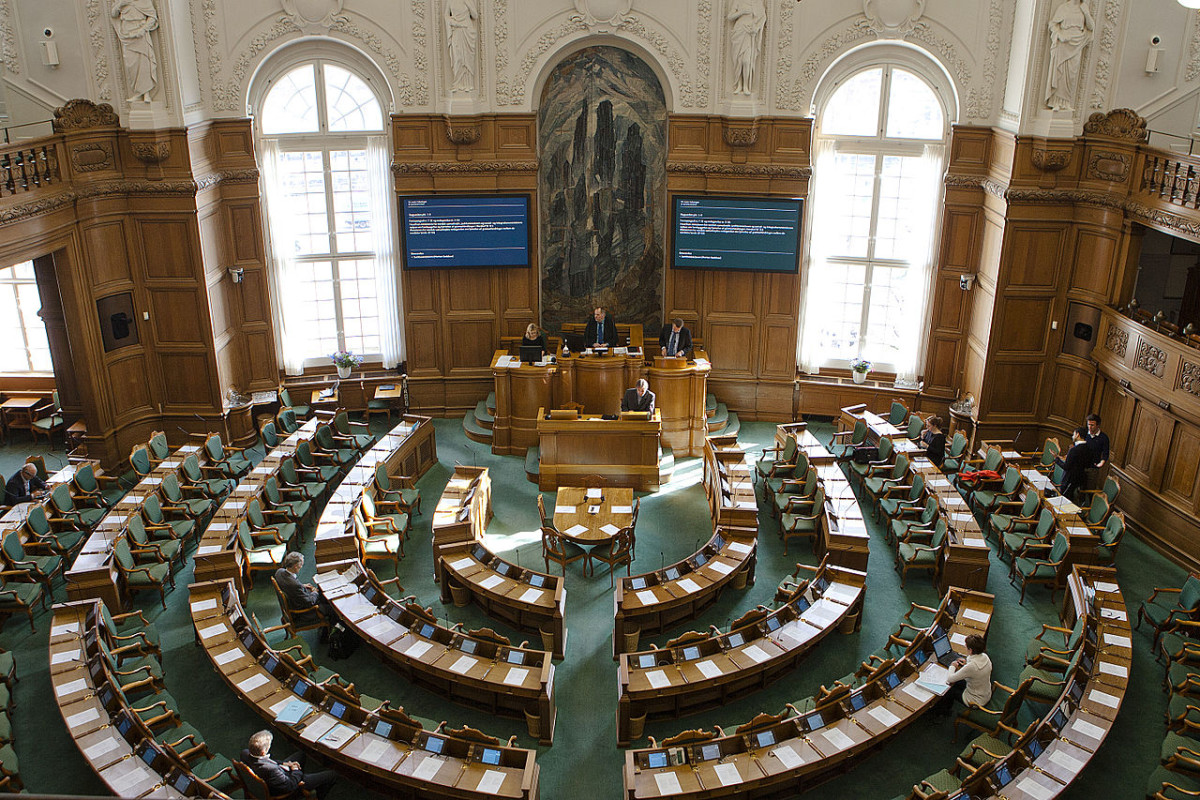
Danish Parliament Passes Questionable Bill Regarding Armenian Genocide
Bill Challenges Turkey’s Restrictions on Armenian Genocide Speech (armenianweekly.com) COPENHAGEN, Denmark—The Danish Parliament (Folketing) adopted a new resolution regarding the Armenian Genocide on Jan. 26, which recognizes the “tragic and bloody events that took place in eastern Anatolia in the period 1915-1923,” and states that the best way for reconciliation is through open dialogue on…
-
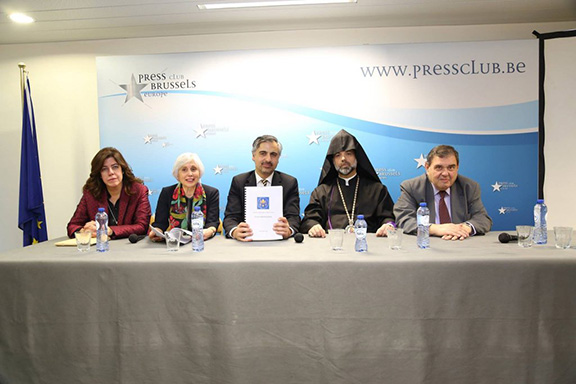
Cilicia Catholicosate Files Appeal in European Court
(source: EAFJD press release, ARMENIAN WEEKLY) On December 7, the Armenian Catholicosate of Cilicia officially filed the application to reclaim the historical headquarters of the Holy See of the Great House of Cilicia from Turkey to the European Court of Human Rights (ECHR). Following its submission, a press conference took place, which featured European Armenian…
-
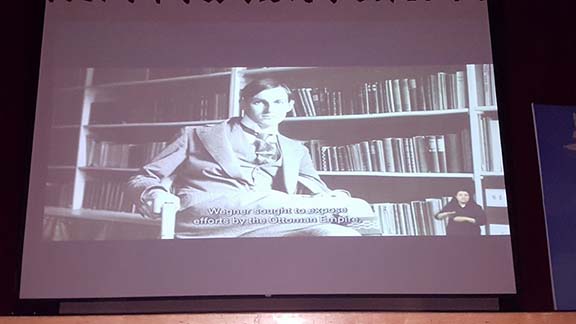
Canadian Museum for Human Rights Produces Film about Armenian Genocide
(horizonweekly.com) TORONTO, Ontario—In partnership with the Canadian Museum for Human Rights (CMHR), the Armenian National Committee of Canada co-organized the premiere of the museum’s new film about the Armenian Genocide, “Acts of Conscience: Armin T. Wegner and the Armenian Genocide” on October 13th, 2016. The event took place at the Armenian Youth Centre of Toronto…
-
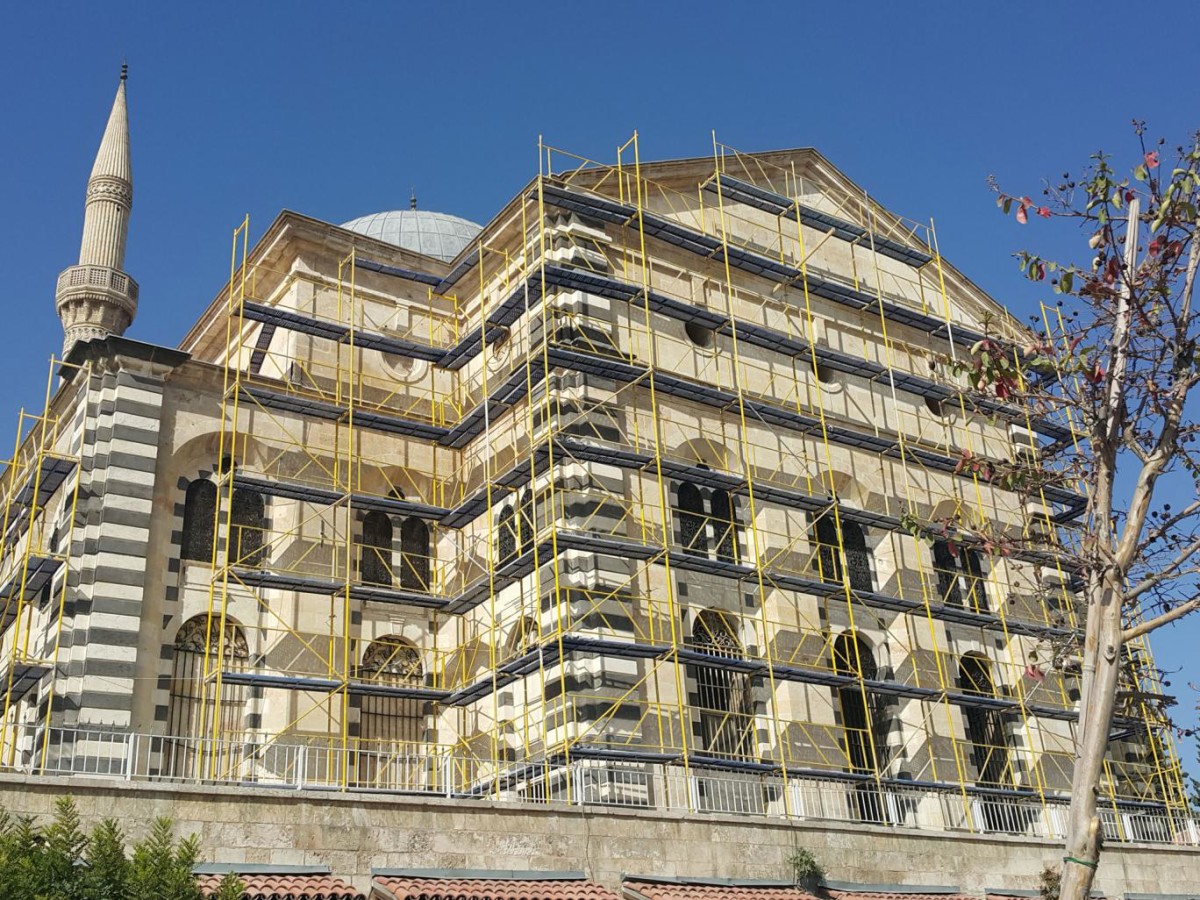
A beautiful mosque and the dark period of the Armenian genocide
By ROBERT FISK The city of Gaziantep and the ‘Liberation’ mosque is a milestone on the journey between one great crime of the 20th century, and another seen during the Second World War (independent.co.uk) The ‘Liberation’ Mosque is a fine, neo-classical, almost Gothic construction with striped black-and-white stone banding, unusual for a Muslim holy place…
-
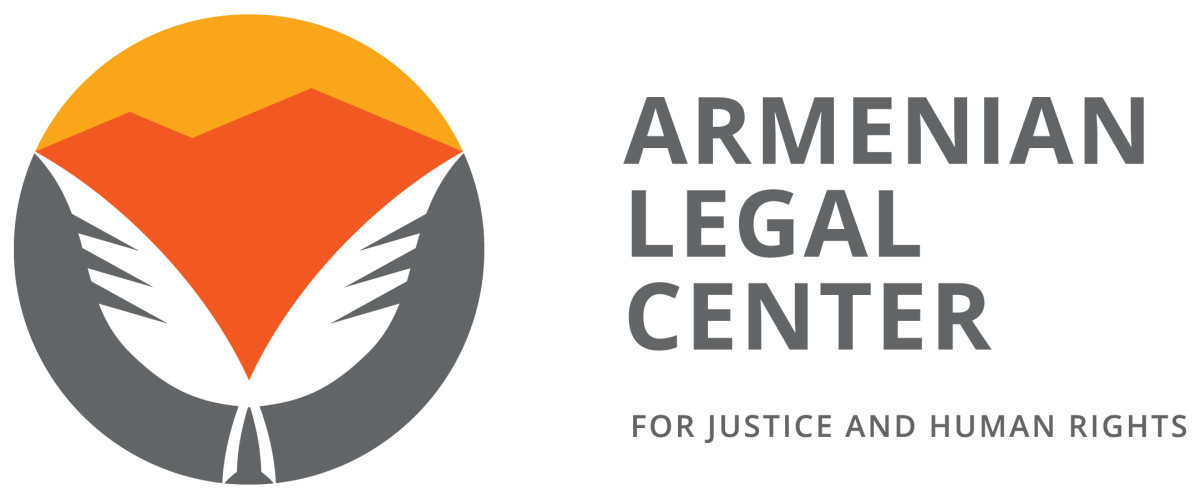
New Armenian Legal Center for Justice & Human Rights Launched
— International Institute to Seek Just Resolution of the Armenian Genocide; Defend Artsakh’s Right to Independence YEREVAN – The Armenian Legal Center for Justice & Human Rights (ALC) – a new Washington, DC-based international legal institute was announced today at a press conference in Yerevan. The ALC will operate in the public interest and is…
-
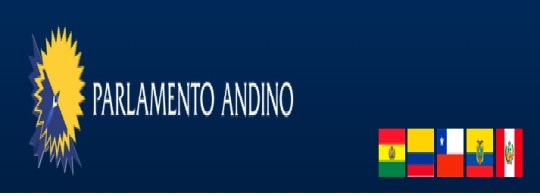
The Andean Parliament Recognized the Armenian Genocide and Condemned Denialism
(prensaarmenia.com.ar) The Andean Parliament, a legislative body composed of representatives of Bolivia, Colombia, Ecuador, Peru and Chile, approved on September 17 a resolution recognizing the “Armenian Genocide perpetrated by the authorities of the Ottoman Empire between the years 1915-1923” and condemning “any policy of denial with respect to genocide and crimes against humanity suffered by…
-
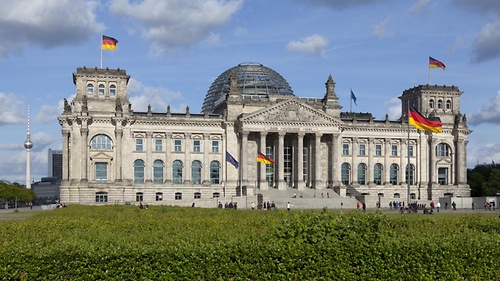
Germany’s Bundestag Recognises Armenian Genocide; Admits German Empire’s Partial Responsibility
German Parliament Recognizes Armenian Genocide, Angering Turkey (NEW YORK TIMES) BERLIN — The German Parliament overwhelmingly adopted a symbolic but fraught resolution on Thursday declaring the killings of Armenians by Ottoman Turks in 1915 a genocide, escalating tensions with Turkey at a diplomatically delicate juncture. The Turkish government angrily denounced the vote as “null and…
-

Entre Rios Province of Argentina Recognizes the Armenian Genocide
(prensaarmenia.com.ar) The province of Entre Rios, Argentina, approved today a law adhering to the National Law 26,199 of recognition of the Armenian Genocide, which establishes every April 24 in Argentina as the “Day of Action for Tolerance and Respect between Peoples”. The Senate of Entre Rios passed the adherence by unanimous vote of those present…
-
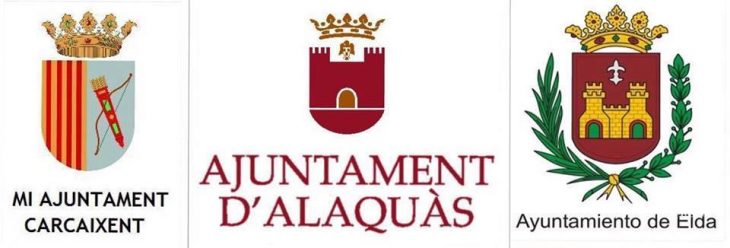
Spanish cities of Carcaixent, Alaquas and Elda Recognize Armenian Genocide
(panorama.am) Carcaixent, Alaquas, and Elda towns od Spain have officially recognized and condemned the Armenian Genocide, press department of the RA Ministry of Foreign Affairs reports. According to the press statement, all the five political forces represented in Carcaixent city council voted for the adoption of the corresponding institutional statement. During the voting at Alaquas…